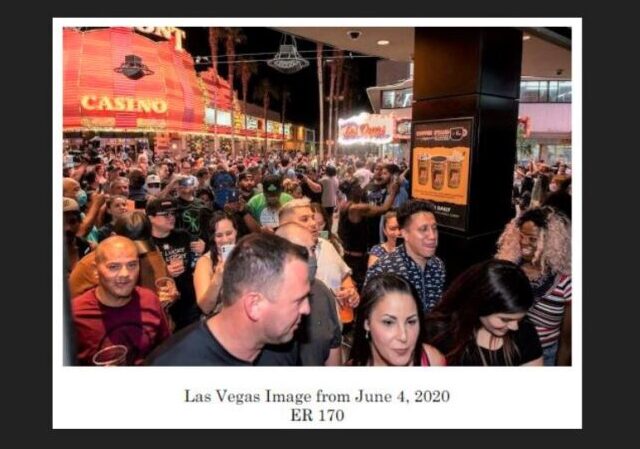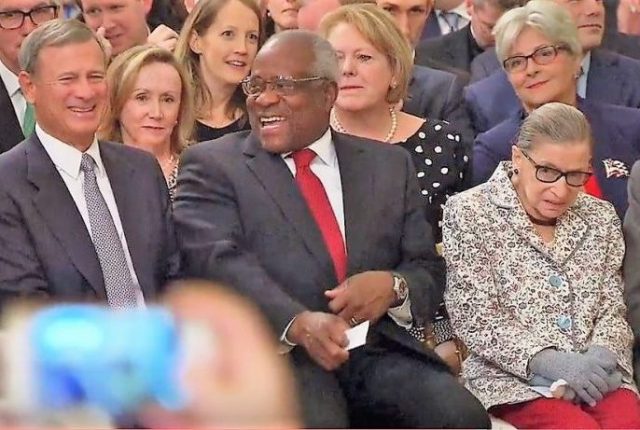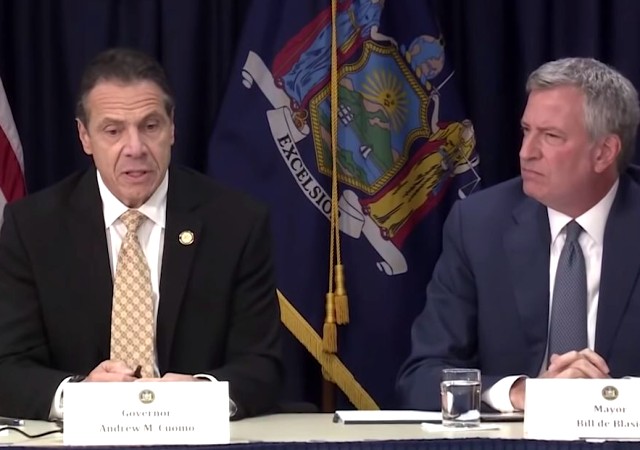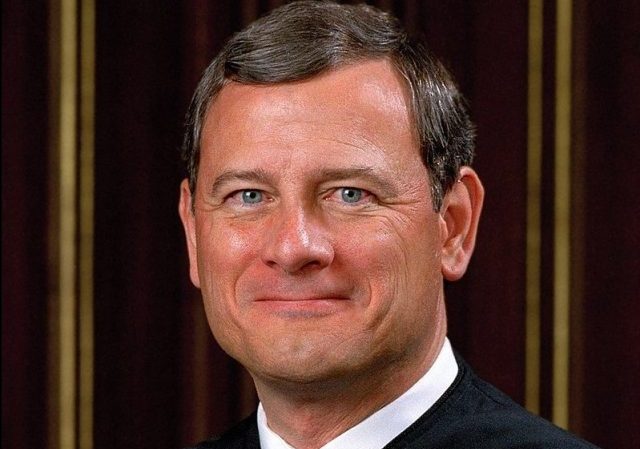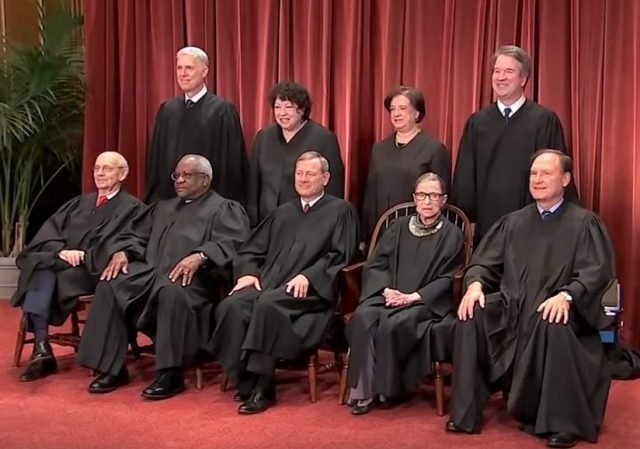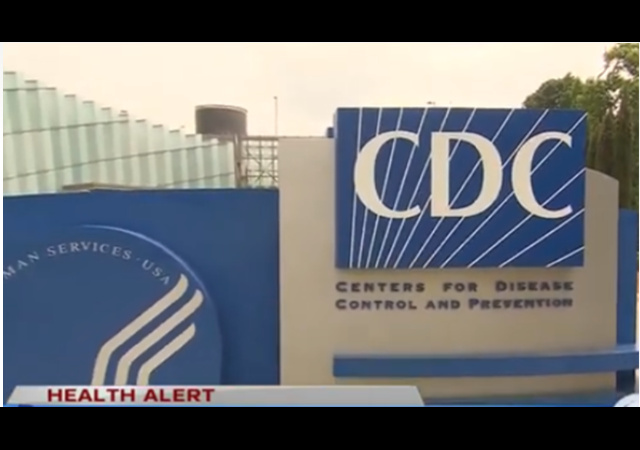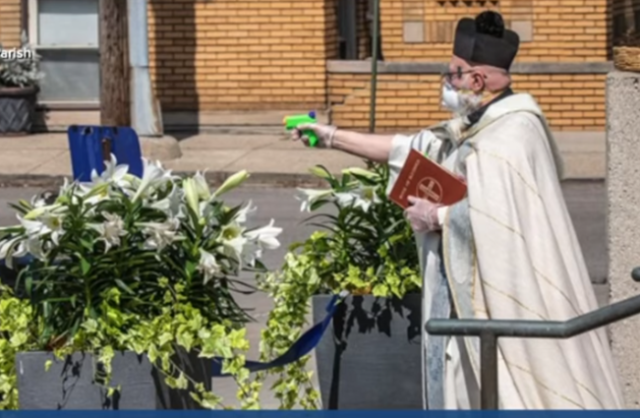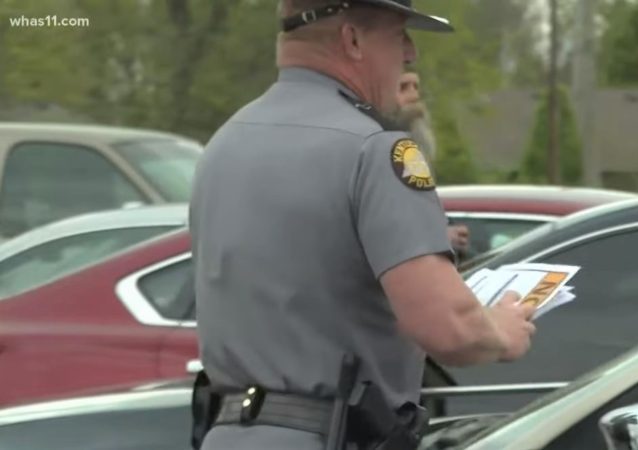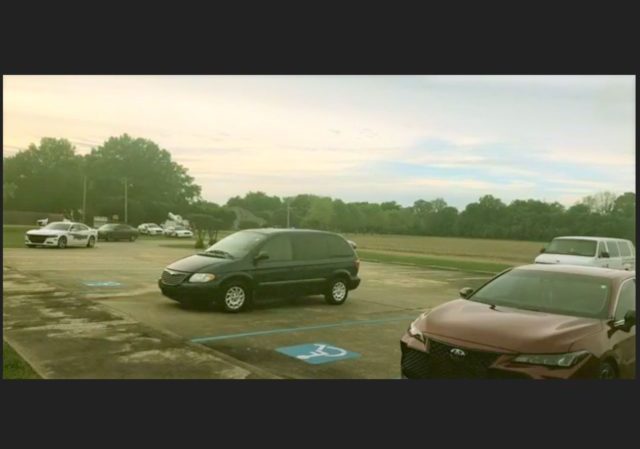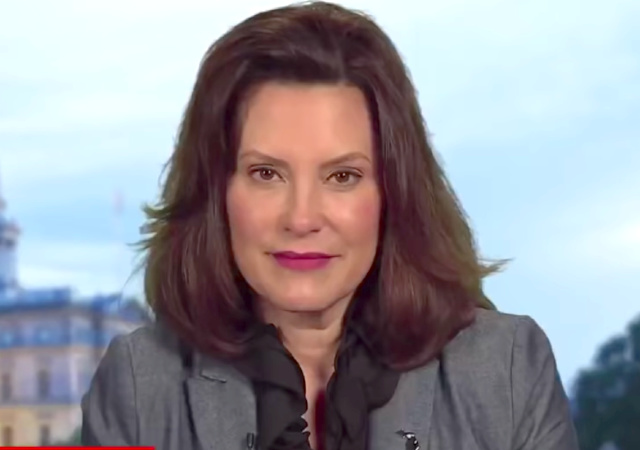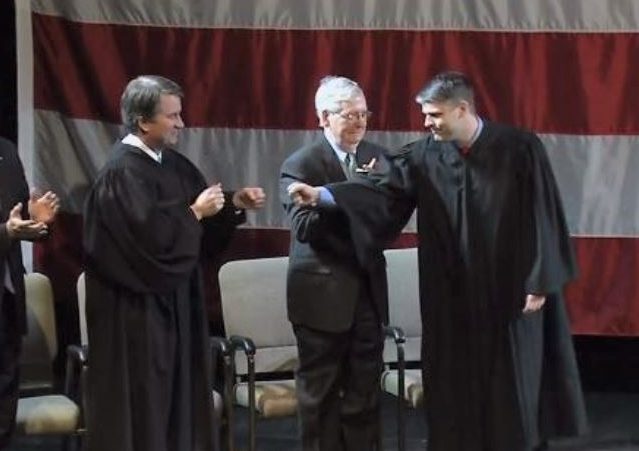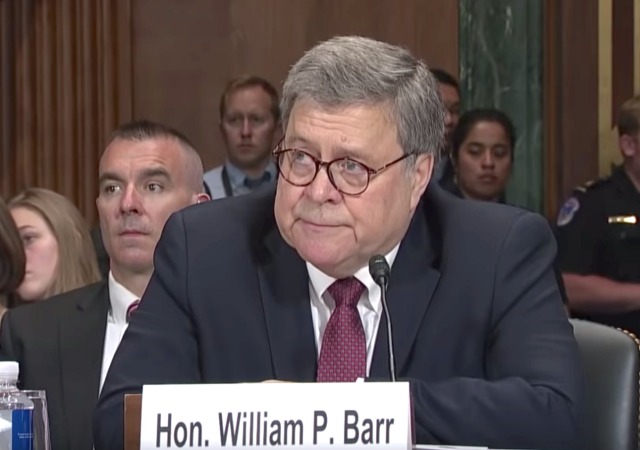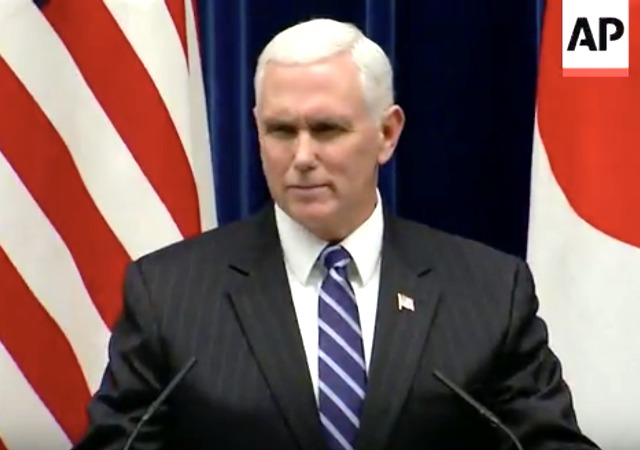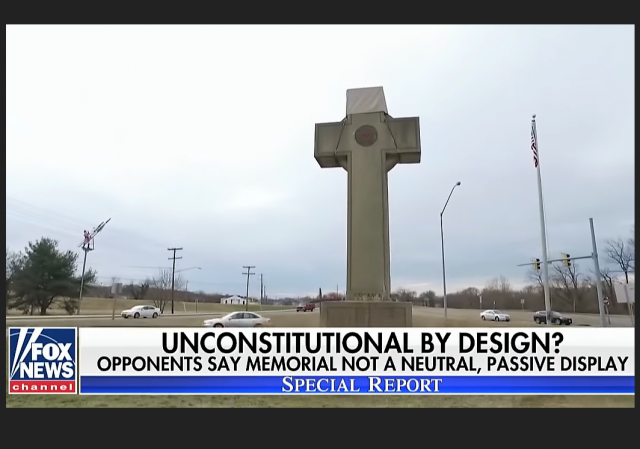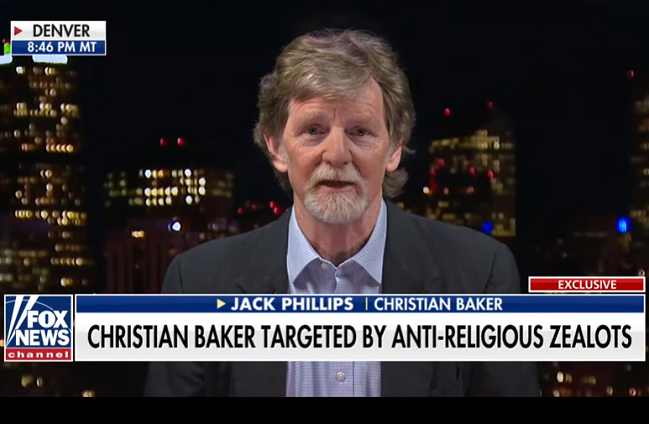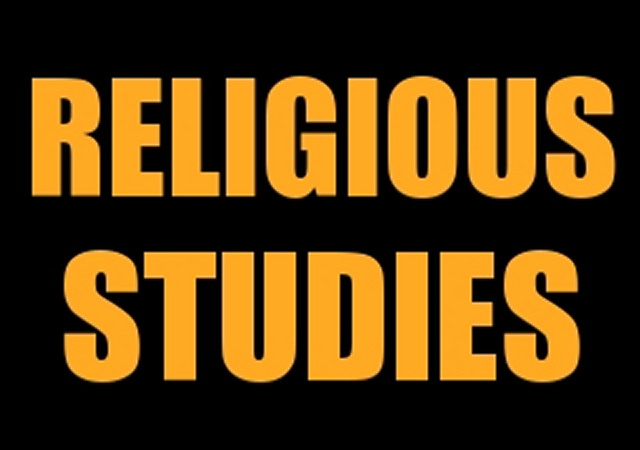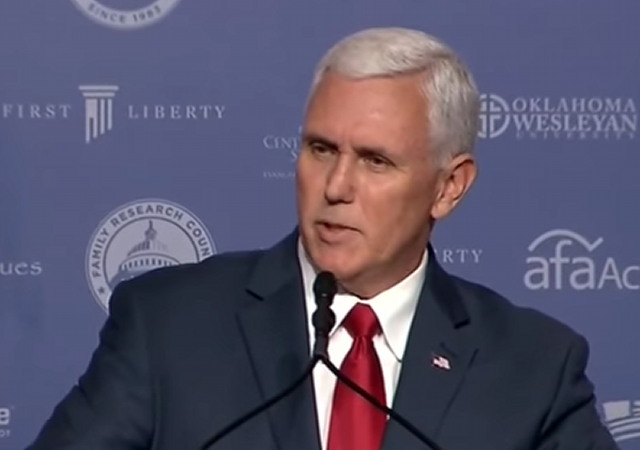SCOTUS: Roberts joins liberals again to deny religious protection from discriminatory coronavirus lockdown
on July 25, 2020
67 Comments
Last night, Supreme Court Chief Justice John Roberts joined the four liberal justices to deny injunctive relief to a church in Nevada which claimed that lockdown rules discriminated against religious groups, allowing much more lenient reopening for secular businesses such as casinos.
This case was similar to the case from California, which we wrote about in late May, SCOTUS: Roberts Joins Liberals To Reject Injunction in California Religious Discrimination Lockdown:

